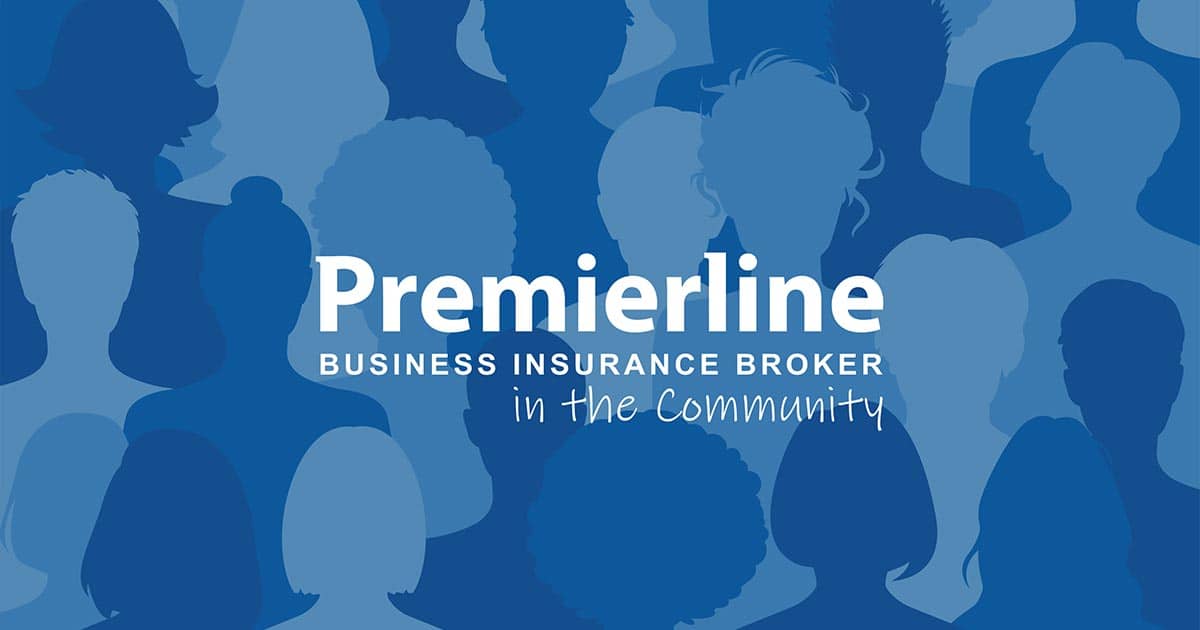Contacting the debtor
The first step, not surprisingly, is to contact the debtor and assume non-payment may simply be an oversight on their part.
After this, and assuming a simple reminder is ineffective, it's best to put the matter in writing at an early stage and to spell out clearly the facts AND what you expect to happen. This usually means specifying a date by which you expect payment to be made and suggesting what further steps will be taken if the matter isn't resolved.
It's important to be factual, professional and calm. Clearly state who owes what and to whom, send copies of relevant paperwork and urge the debtor to now deal with this matter in writing, which includes any problems they have with the debt.
Try to avoid heated arguments or a lengthy correspondence with a debtor and don’t threaten legal action that ultimately you're not prepared to follow through.
You may want to remind your debtor that in March 2013, new legislation came into force to help promote a culture of paying on time across the EU. The new rules force debtors to pay interest and reimburse reasonable recovery costs if payment is not made on time.
Going legal
Consulting a solicitor - after first establishing the scale of their costs - can be an effective next step if a debtor still won't pay. A letter from a lawyer can often prove to be a tipping point for debtors. A solicitor specialising in this field can also advise on what further options may be appropriate.
Debt collection companies
Debt recovery agencies usually charge a percentage of the debt they recover on your behalf. Agencies must be licensed and governed by the Office of Fair Trading.
It's worth bearing in mind though that some debt collection agencies may not use legally trained staff. Choose one who will employ a lawyer who can take legal action to recover a debt.
Alternatives to Court
When none of the above is effective, there are still alternatives to going to court. These include arbitration, mediation and ombudsman schemes - all of which come under the label of 'alternative dispute resolution' (ADR). The Ministry of Justice can help you find a mediator.
When all else fails
Going to court to collect your money should be seen as a last resort, mainly because the process can be lengthy and costly. Bear in mind also that winning may not be as straightforward as it might seem. It's important to get professional legal advice at this point to have an assessment of the likelihood of your success and the cost. It may be that the debt is less than the likely cost of recovery.
Visit gov.uk to find out more about making a court claim for money.
You can also now make money claims online for amounts up to £100,000, so long as the claim is against a maximum of two people. Do this via the Money Claim Online system (MCOL), which is accessible 24 hours a day, seven days a week.
















